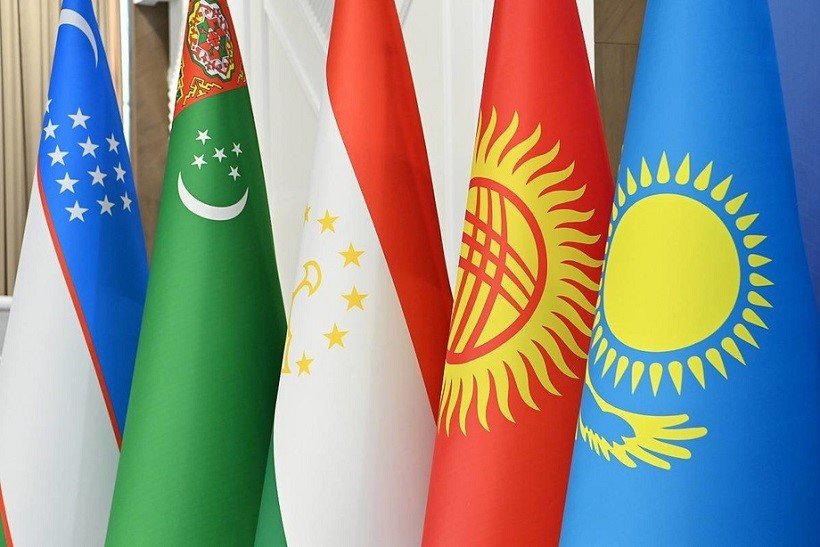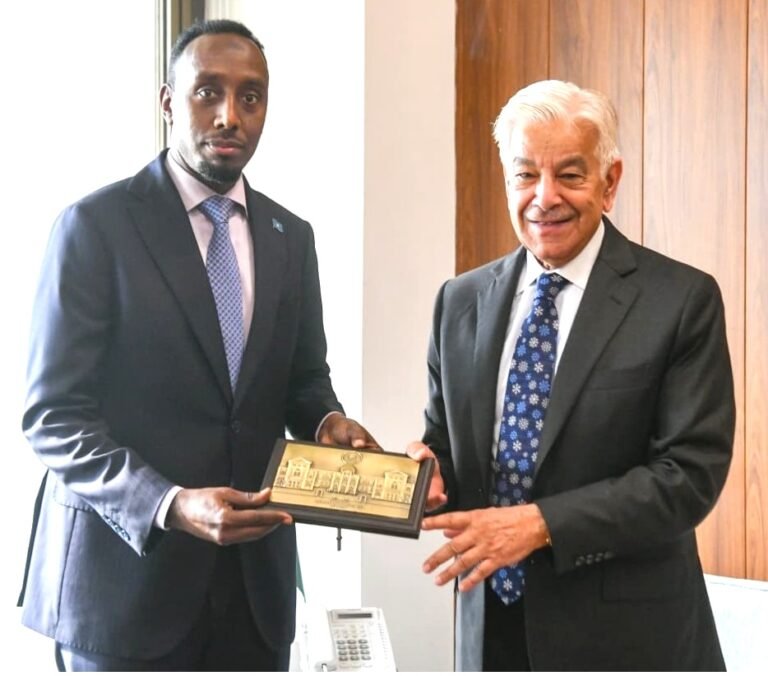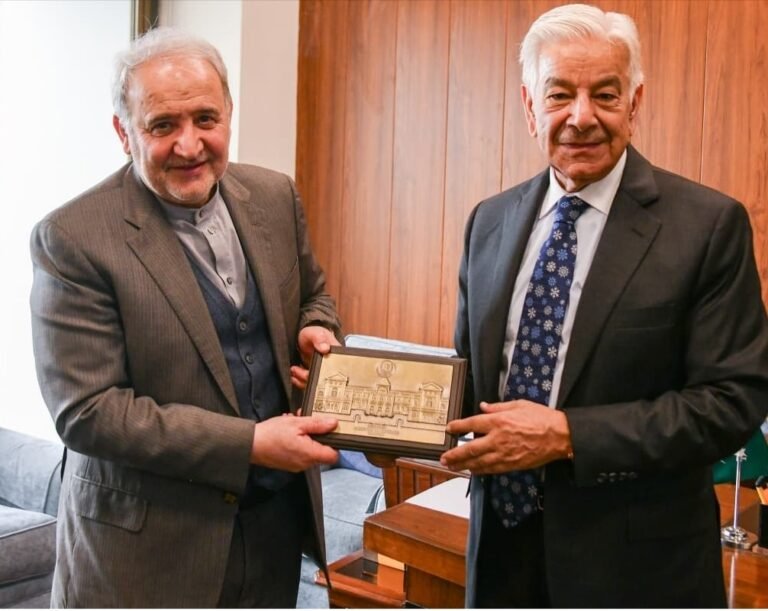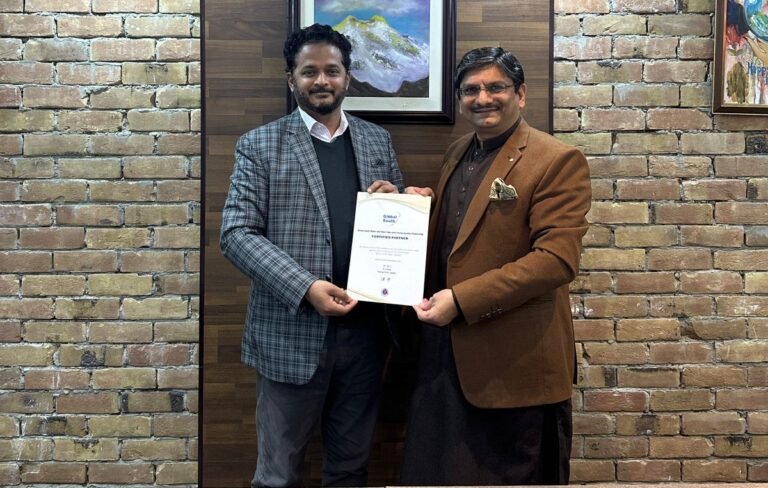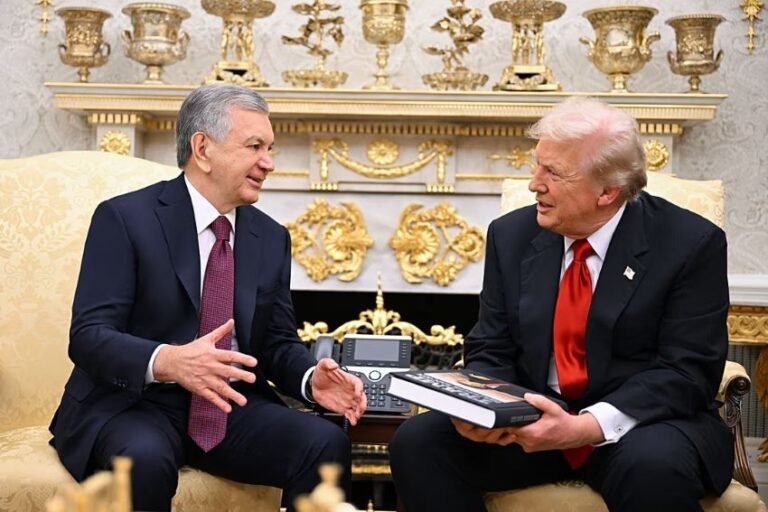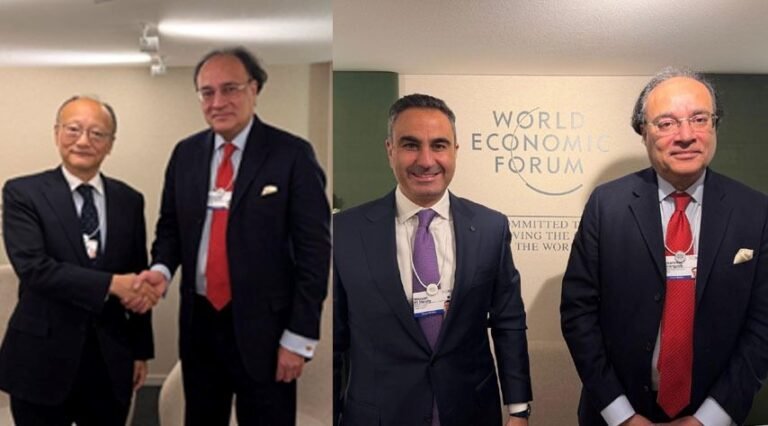New trends in Central Asian politics of Uzbekistan
Mirzayev Gulom
Uzbekistan’s policy in Central Asia has reached a qualitatively higher level. The trend of developing mutually beneficial cooperation between the countries of the region is intensifying with its own characteristics.
According to President Shavkat Mirziyoyev, Uzbekistan has prioritized strengthening relations of close friendship and cooperation with neighboring countries. Over the past historically short period, the political position and influence of our country in the Central Asian region and the Middle East have grown dramatically. The spirit of trust in New Uzbekistan and the principles of striving for cooperation with our country have increased globally.
Central Asia is a region with important and unique resources, economic potential, and communication capabilities. In the 1990s, the countries of the region embarked on their own independent paths of development and joined the ranks of developing countries, promoting humanism, social justice, and security. The region enjoys international harmony, peace, and well-established foreign policy activities and international cooperation, based on the principles of international law, such as creating an atmosphere of peace and consistently developing them.
In the foreign policy direction of New Uzbekistan, practical cooperation with the countries of Central Asia has been a focus. The fifth priority direction of the Uzbekistan-2030 strategy has been identified as the consistent continuation of a policy based on the principle of “A Safe and Peaceful State.” This policy aims to elevate the region to a new level of quality, good neighborliness, and strategic partnership with all neighboring countries. Special attention is given to the rapid development of relations and the regular and effective conduct of bilateral and multilateral negotiations in political, economic, cultural, and humanitarian areas.
The measures taken by the government of the Republic of Uzbekistan to expand mutual cooperation between the countries of the region also play an important role. It should be noted that, as a result of President Shavkat Mirziyoyev’s reforms in foreign policy, Uzbekistan’s diplomatic relations with the countries of the Central Asian region have risen to a new level.
The fact that Shavkat Mirziyoyev began his first visit to foreign countries as President of Uzbekistan with a visit to the countries of Central Asia clearly indicates his commitment to raising the development of regional cooperation to a new level.
On March 6-7, 2017, Shavkat Mirziyoyev made a state visit to Turkmenistan. It should be noted that this was his first visit to a foreign country as the President of the Republic of Uzbekistan. This state visit clearly confirmed that Uzbekistan attaches great importance to good neighborly relations in foreign policy and was supported by the signing of the Strategic Partnership Agreement between Uzbekistan and Turkmenistan.
The visit of President Shavkat Mirziyoyev to Kazakhstan on March 23, 2017, and the signing of a joint declaration on deepening the strategic partnership and strengthening the friendly neighborhood between the two countries opened a new era in interstate cooperation. Thanks to the joint efforts of Uzbekistan and Kazakhstan, in 2017, the volume of bilateral trade reached 2 billion US dollars. Such direct contacts serve as the basis for the effective implementation of bilateral and multilateral cooperation.
Following the state visit of President Shavkat Mirziyoyev to the Kyrgyz Republic, a declaration was signed to strengthen strategic partnership, friendship, good neighborliness, and trust.
In 2018, the implementation of President Mirziyoyev’s new policy to strengthen political trust and mutual solidarity in Central Asia continued consistently. In particular, President Mirziyoyev visited Tajikistan on March 9-10, 2018, at the invitation of President Emomali Rahmon. During the visit, the leaders of the two countries signed a Joint Statement on Strengthening Friendship and Good Neighborliness and an Agreement on Certain Sections of the Uzbek-Tajik State Border.
Additionally, as a result of ongoing negotiations by the Republic of Uzbekistan on the delimitation and demarcation of state borders with neighboring countries, the delimitation of the state border lines with Kazakhstan has been completed. Eighty-five percent of the border with Kyrgyzstan has been agreed upon, and 99.9 percent of the border with Tajikistan has been settled.
At the end of 2021, trade turnover between Uzbekistan and Tajikistan amounted to almost 600 million US dollars. The number of joint ventures increased tenfold. In 2017, 24 enterprises with Tajik capital were operating in Uzbekistan; by the end of 2021, this number had risen to 240. In Tajikistan, 61 enterprises based on investments from Uzbekistan were in operation.
On June 2-3, 2022, the presidents of Uzbekistan and Tajikistan, Shavkat Mirziyoyev and Emomali Rahmon, signed a historic declaration “On Strengthening Eternal Friendship and Alliance.” Additionally, documents signed at the level of government, ministries, and departments are designed to elevate multifaceted Uzbek-Tajik cooperation to a new level.
Analyzing the platforms and formats of interstate dialogue organized on the initiative of Uzbekistan for regional cooperation, it should be noted that consultative meetings of the leaders of Central Asian countries are regularly held at the initiative of the head of Uzbekistan. These consultative meetings are systematically organized as part of this initiative (March 2018, Kazakhstan; November 2019, Uzbekistan; August 2021, Turkmenistan; July 2022, Kyrgyzstan; 2023, Tajikistan).
As a positive trend in Uzbekistan’s policy in Central Asia, practical proposals made at these meetings can be noted. In particular, at the fourth consultation meeting held in Kyrgyzstan, President Mirziyoyev put forward a number of proposals that meet the interests of the region. These proposals include the creation of a system of border trade zones with unified and simplified procedures for the delivery of goods to Central Asia and the holding of a Central Asian festival of culture, art, and cinema in each country.
Indeed, it is worth noting the high assessments expressed by many foreign experts regarding Uzbekistan’s initiatives. For example, Li Yunxuan, director of the Institute of European and Asian Social Development under the State Council of China, says: “Uzbekistan is an active participant in the processes of strengthening regional and interregional cooperation, in the mechanism of consultative meetings of leaders of Central Asian countries, in ensuring the effectiveness of cooperation on topical issues of ensuring regional stability and development plays an important role.”
As a result of the growing role of Central Asia in modern international relations, “the spirit of trust in New Uzbekistan and the principles of cooperation with our country have increased in the world.” Our countries, which have been common brothers and sisters from time immemorial, have begun to act in close cooperation on many regional and global issues and socio-economic development.
The phrase “Spirit of Central Asia” has appeared in world political science. On September 14, 2023, President of Uzbekistan Shavkat Mirziyoyev spoke at the fourth consultative meeting of leaders of Central Asian countries held in Tajikistan and put forward a number of proposals to strengthen new trends in the region’s politics. These proposals included the development of trade and economic cooperation in the region, the development of industrial cooperation, increasing interdependence in transport, ensuring security in the energy sector, ensuring food safety, and combating the threats posed by climate change.
The issue of creating an interstate economic council to expand practical cooperation on the entire range of trade and economic issues in the region also deserves attention. Another platform implemented at the initiative of Uzbekistan is the Central Asian Economic Forum.
On March 15, 2019, the first Central Asian Economic Forum was held in Tashkent with the participation of deputy prime ministers of Uzbekistan, Kazakhstan, Kyrgyzstan, Tajikistan, and Turkmenistan. Positive results were achieved through discussions at the forum on issues of further development of regional cooperation, studying the possibilities of the transport and communications complex, increasing the volume of mutual trade, and enhancing the attractiveness of tourism.
At the initiative of Uzbekistan, an international conference was held in Tashkent on November 15, 2019, to ensure good neighborliness and interethnic harmony between the peoples of the countries of Central Asia. The conference, titled “Central Asia is Our Common Home,” involved experts and scientists from foreign countries and aimed to bring the countries of the region closer together in the cultural and humanitarian spheres.
Uzbekistan’s policy in Central Asia is consistent in identifying new trends and ensuring stability and security.
On March 9-10, 2018, President Shavkat Mirziyoyev of the Republic of Uzbekistan made a state visit to the Republic of Tajikistan. At the high-level meeting, special attention was paid to strengthening interstate cooperation in ensuring regional security and stability, promoting the resolution of international problems, and combating terrorism, extremism, and other types of organized transnational crime.
This focus represents a significant achievement of Uzbekistan’s diplomacy in ensuring regional security and stability. According to Tajik expert Kasimsho Iskandarov, relations between Tajikistan and Uzbekistan depend on the political will of state leaders. After Shavkat Mirziyoyev came to power, relations between the two countries changed dramatically.
The rapid development of Tajik-Uzbek relations has solved many problems not only between the two countries but also among all countries in the region, thereby improving the political environment for developing regional cooperation.
Additionally, on the initiative of President Shavkat Mirziyoyev, on June 22, 2018, the UN General Assembly adopted a resolution for the first time titled “Strengthening Regional and International Cooperation to Ensure Peace, Stability, and Consistent Development in the Central Asian Region.” This resolution confirms Uzbekistan’s proactive stance by putting forward proposals for forming a regional system for forecasting emergency situations, their prevention, early warning, and joint counteraction.
It is worth noting that several factors contribute to the development of good neighborly relations, such as mutual trade, investments, and joint projects. If we look at the numbers, we can see that Uzbekistan’s trade turnover with the countries of Central Asia has grown to an unprecedented level. Trade turnover in 2017 amounted to $2.4 billion, and by the end of 2019, it reached $5.2 billion, reflecting a growth of 150 percent in just two years. Despite the restrictions caused by the pandemic, the growth in freight volumes observed in Central Asia in 2020 demonstrates the enormous potential for further expansion of international roads and railways and the strengthening of transport and logistics infrastructure.
In this regard, on August 6, 2021, within the framework of the third consultative meeting of leaders of Central Asian countries, at the Economic Forum of Central Asian Countries held in the Avaza National Tourist Zone (Turkmenistan), the Uzbek side discussed the development of transport corridors connecting the countries of Central Asia, increasing the efficient use of the transit potential of the countries of the region. It is also worth noting that they proposed strengthening cooperation on the harmonization and digitalization of customs clearance procedures.
In recent years, radical reforms in our country, a consistent and active foreign policy, and especially the strengthening of close neighborly relations in the Central Asian region, have increased the international prestige of Uzbekistan. Evaluating the new trends in Uzbekistan’s Central Asian policy, we can see that their impact on regional interaction and international relations is acquiring positive significance.
It should also be noted that on December 19, 2019, at the plenary meeting of the UN General Assembly, a special resolution titled “Sustainable Tourism and Sustainable Development in Central Asia,” proposed by President Shavkat Mirziyoyev, was adopted.
In short, the special significance of the approaches in the regional policy of Uzbekistan lies in the fact that they serve to strengthen the belt of security, stability and cooperation throughout the region. In the context of increasing threats to regional and global security, the socio-economic well-being of countries, Uzbekistan is of great importance in determining new trends in the politics of Central Asia and the prospects for jointly combating modern dangers and threats.
*The author is the Doctor of philosophy in historical sciences (PhD), associate professor at the University of Public Safety of the Republic of Uzbekistan
**The opinions in this article are the author’s own and may not represent the views of The Diplomatic Insight. The organization does not endorse or assume responsibility for the content.
Established in December 2008, The Diplomatic Insight is Pakistan’s premier diplomacy and foreign affairs magazine, available in both digital and print formats.

